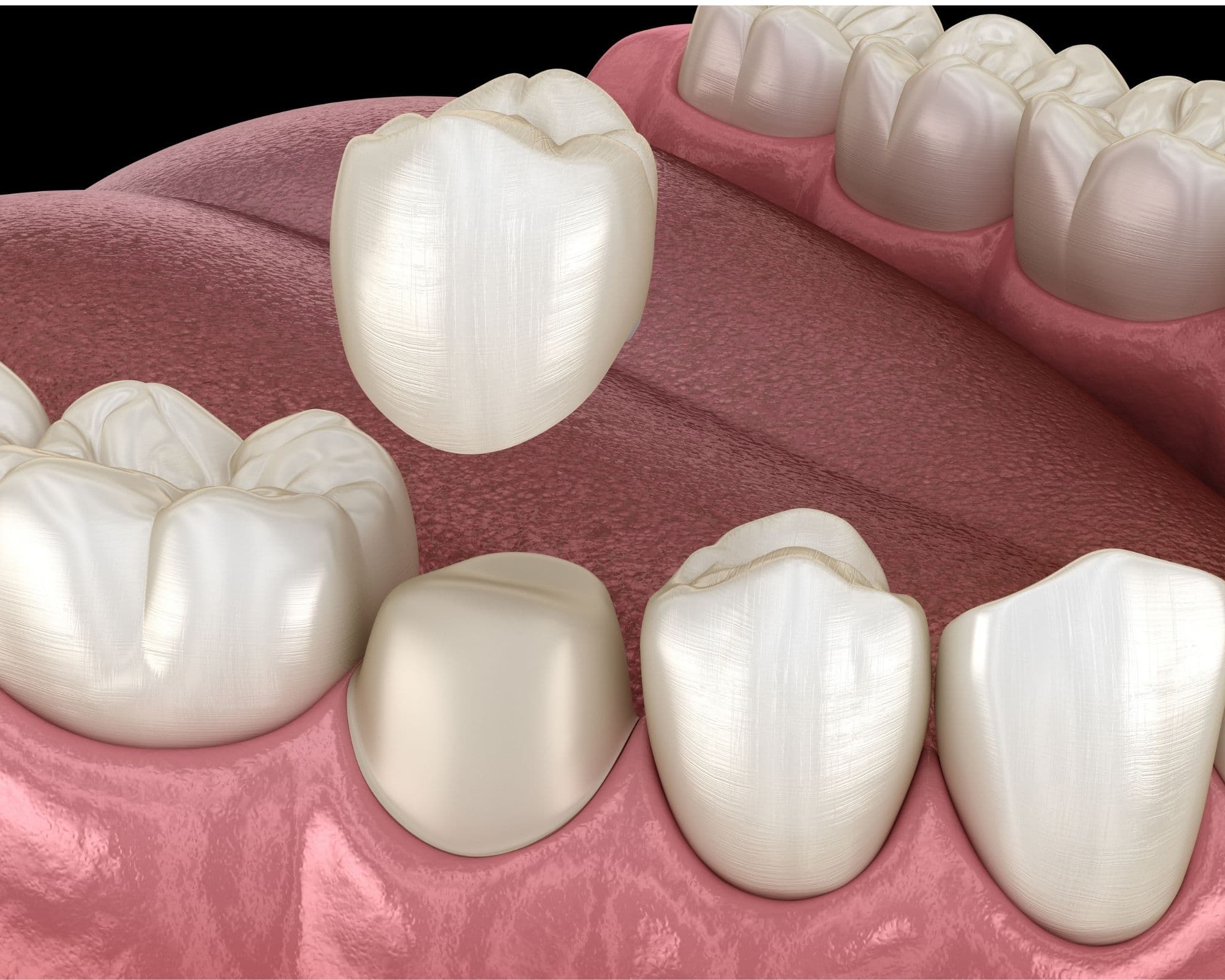
Anytime you are faced with decision-making, there are likely are specific questions that frame your decision making process. What is required? What will this investment cost? How long will it last? Making decisions regarding your dental health is really no different, and you will probably be asking yourself many of these same questions.
When getting a crown, most people want to know the cost of such a procedure will be. After looking at the investment of getting a crown, we are often asked “How long will it last?” While we would all love for a dental crown to last forever, it’s not likely the case. The good news though is that with the right materials and the best care, dental crowns can last a few decades.
How Do You Know When Your Crown Needs To Be Replaced?
There is no expiration date on dental crowns. Unfortunate circumstances may cause a crown to need replacing after a few short years, but that is not normal for most crowns. If a crown is working well and structurally sound, it could be good for a few decades!
Routine dental care is one of the best ways to ensure that your dental crowns are in good condition and serve you well. Regular dental exams and x-rays allow our dentist to examine crown margins and ensure that the crown does not show signs of breakdown or decay.
With time, crowns can show aging and wear. If your dentist sees signs of these things, it may be time for a new crown:
- Decay around crown margins: If a crown has decay around it, it must be replaced. Decay will continue to spread until the old crown and decay are removed. This can lead to more severe problems such as tooth sensitivity, tooth infection, or even tooth loss if not dealt with.
- Decay visible in x-ray around crown: Much like said above, if a crown has visible decay on x-ray, the crown must be removed. Decay will continue to spread until the decay issue is addressed. This can lead to more severe problems such as tooth sensitivity, tooth infection, or even tooth loss if not dealt with.
- Cracked or chipped crown: Not all chipped crowns must be replaced as sometimes the crown is structurally still supporting the tooth, and replacement would be for esthetic reasons.
- Poor contacts around the crown: This can lead to food impaction and possibly gum tissue irritation or pocketing problems. Sometimes having a new crown made will resolve this issue.
- Recession around crown: As you age, your gum tissue may recede. This can lead to more exposure to root areas, increasing your risk of developing root cavities. Not everyone with a recession around a crown needs to have it replaced, but it is an area that will be monitored closely.
How To Best Care For Your Dental Crowns
One of the best ways to increase the longevity of your crowns is to care for them each day properly. Protecting your crowns requires the same dental care that it takes to maintain good oral hygiene.
Follow these tips to help your teeth and crowns stay healthy for the long haul:
- Brush twice a day
- Floss once a day
- Stay away from sticky, sugary snacks
- Use fluoride toothpaste
- Swish with a therapeutic mouth rinse
- Visit your dentist twice a year for routine cleaning and exams
- Avoid acidic drinks such as soda
- If you clench or grind your teeth, wear a protective night guard
The Good News
While crowns are not a new phenomenon in the dental industry, much research is still being done on them to this day. Lots of time and money go into researching the best materials available. Crowns are not only more realistic looking than ever before, but they are also more durable and longer-lasting than they were in decades past.
At Riverside Dental Care, we value your investment. We want you to love your smile, and we also want it to serve you well for the long haul. Using the best products available is a top priority to us so that you can be sure to be receiving the best dental work at Riverside Dental Care!



Leave a Reply